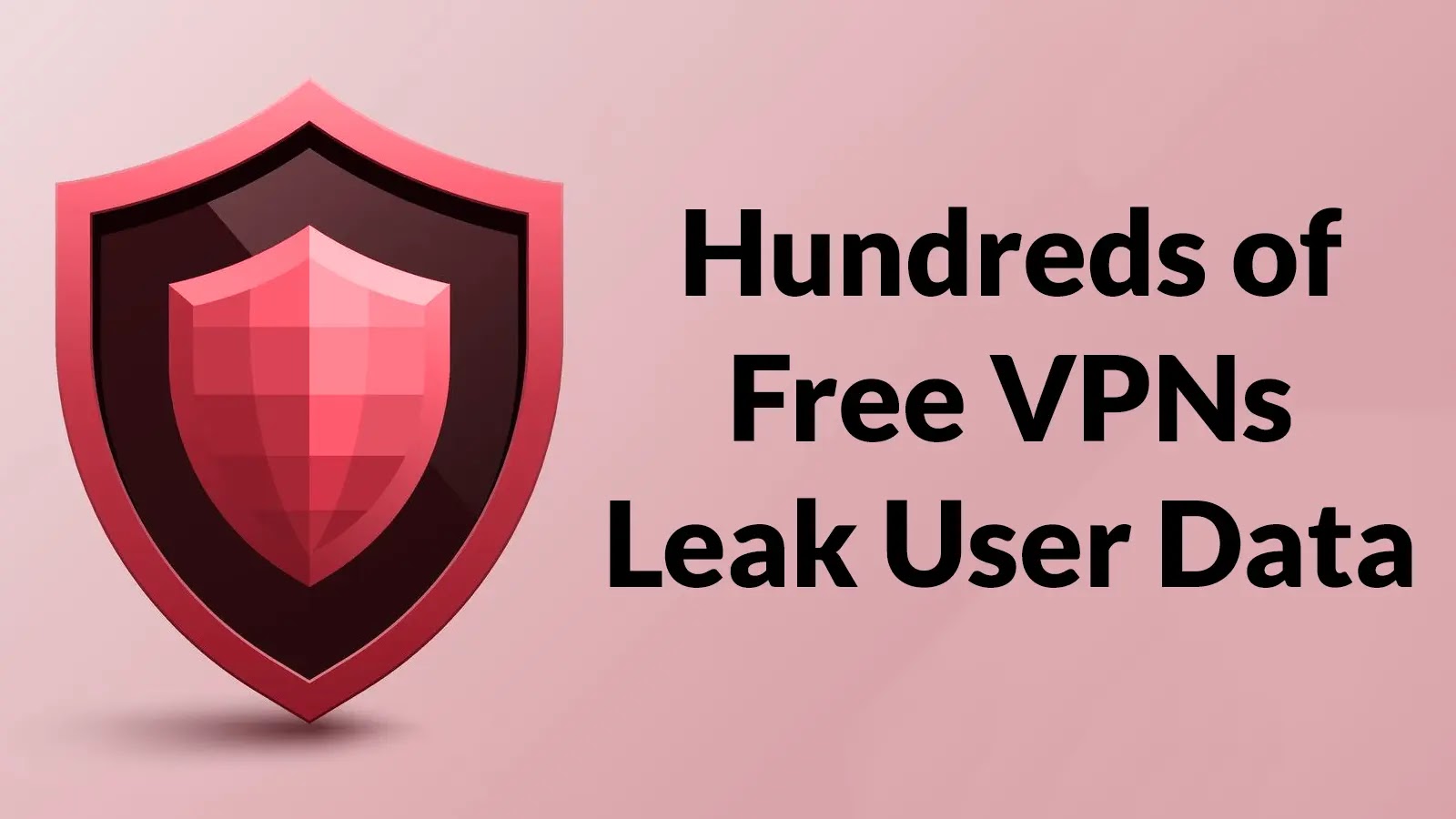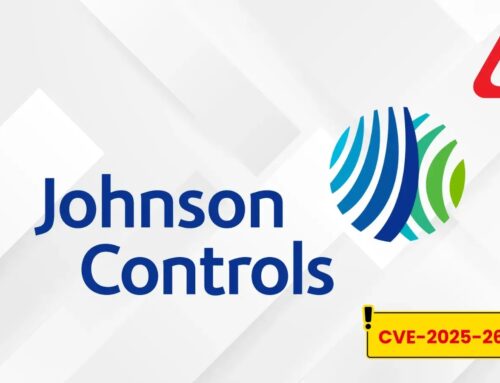
Hundreds of Free VPN Apps for Both Android and iOS Leaks Users Personal Data
The Illusion of Privacy: Free VPNs Exposing User Data
The promise of enhanced privacy and secure communications makes Virtual Private Networks (VPNs) a cornerstone for many smartphone users. However, a recent in-depth analysis of nearly 800 free Android and iOS VPN applications has unveiled a disturbing reality: these widely used tools often compromise the very data they claim to protect. Rather than shielding sensitive information, many of these applications exhibit critical vulnerabilities, putting millions of users at risk. This report delves into the findings, explaining how these apps betray trust and what users can do to safeguard their data.
Widespread Vulnerabilities in Free Mobile VPNs
The comprehensive study, detailed in Cyber Security News, highlights a pervasive issue within the free mobile VPN ecosystem. Researchers discovered a range of security deficiencies, including:
- Insecure Configurations: Many free VPN services are improperly configured, leading to data leaks that expose users’ online activities and personal identifiers. This often includes DNS leaks, where DNS queries bypass the VPN tunnel, revealing the user’s browsing habits to their ISP.
- Dangerous Permissions: A significant number of these applications request excessive and unnecessary permissions, going far beyond what’s required for VPN functionality. This could include access to contacts, location data, or even the device’s camera and microphone, creating avenues for extensive data collection and potential misuse.
- Outdated Libraries and Components: The use of antiquated software libraries introduces known vulnerabilities into the applications. These unpatched flaws can be exploited by malicious actors to gain unauthorized access to user data or compromise the device itself.
- Lack of Encryption Standards: Some free VPNs employ weak or no encryption protocols, rendering the “secure tunnel” ineffective. This absence of robust encryption means that intercepted data can be easily read and exploited.
These findings underscore a critical disconnect between the advertised benefits of free VPNs and their actual security posture. Users, believing they are protected, are inadvertently exposing their most sensitive information to potential exploits.
The Threat Landscape: How Data is Compromised
The vulnerabilities present in these free VPN apps create several pathways for data compromise:
- Identity Theft: Exposure of IP addresses, browsing history, and other personal data can be aggregated to build comprehensive user profiles, paving the way for identity theft.
- Targeted Advertising and Tracking: Advertisers and data brokers can exploit insecure configurations and excessive permissions to track user behavior across apps and websites, leading to highly personalized and often intrusive advertising.
- Malware and Spyware: Apps requesting dangerous permissions can secretly install malware or spyware, turning the user’s device into a tool for surveillance or data exfiltration.
- Man-in-the-Middle Attacks: Without proper encryption, data transmitted through these VPNs can be intercepted and modified by attackers, leading to data manipulation or credential theft.
Remediation Actions and Best Practices for VPN Users
Given the alarming prevalence of insecure free VPNs, users must adopt a proactive approach to protect their privacy and data. The following remediation actions are crucial:
- Avoid Free VPNs: The adage “if you’re not paying for it, you’re the product” often holds true for free VPN services. Opt for reputable, paid VPN providers that have a strong track record of security, privacy, and transparent policies.
- Scrutinize App Permissions: Before installing any app, especially a VPN, carefully review the requested permissions. If an app requests permissions that seem unrelated to its core function (e.g., a VPN asking for camera access), refrain from installing it.
- Check for DNS Leaks: Regularly use online tools to check for DNS leaks while connected to your VPN. If a leak is detected, your VPN tunnel is compromised.
- Read Reviews and Research Providers: Before committing to a VPN service, extensively research the provider. Look for independent audits, transparency reports, and user reviews on trusted security forums. Prioritize providers that offer strong encryption standards (like OpenVPN, IKEv2/IPSec, or WireGuard) and adhere to a strict no-logs policy.
- Keep Applications Updated: Ensure all applications on your device, including your VPN client, are kept up-to-date. Updates often include critical security patches.
Tools for VPN Security Assessment
While preventative measures are key, certain tools can help users assess the security posture of their VPN connection.
| Tool Name | Purpose | Link |
|---|---|---|
| DNS Leak Test | Checks if your DNS requests are leaking outside the VPN tunnel. | https://dnsleaktest.com/ |
| IPLeak.net | Analyzes your IP address, DNS servers, and WebRTC leaks. | https://ipleak.net/ |
| BrowserLeaks | Comprehensive tests for various browser-related leaks (WebRTC, Geolocation, etc.) | https://browserleaks.com/ |
The Bottom Line: Prioritize Paid and Reputable VPNs
The findings from the analysis of hundreds of free VPN apps serve as a stark warning. The allure of “free” often comes at the cost of personal data and security. For true online privacy and secure communications, investing in a reputable, paid VPN service with a transparent privacy policy and strong security features is not merely an option, but a necessity. Users should remain vigilant, critically evaluate app permissions, and never compromise their digital security for perceived convenience.





